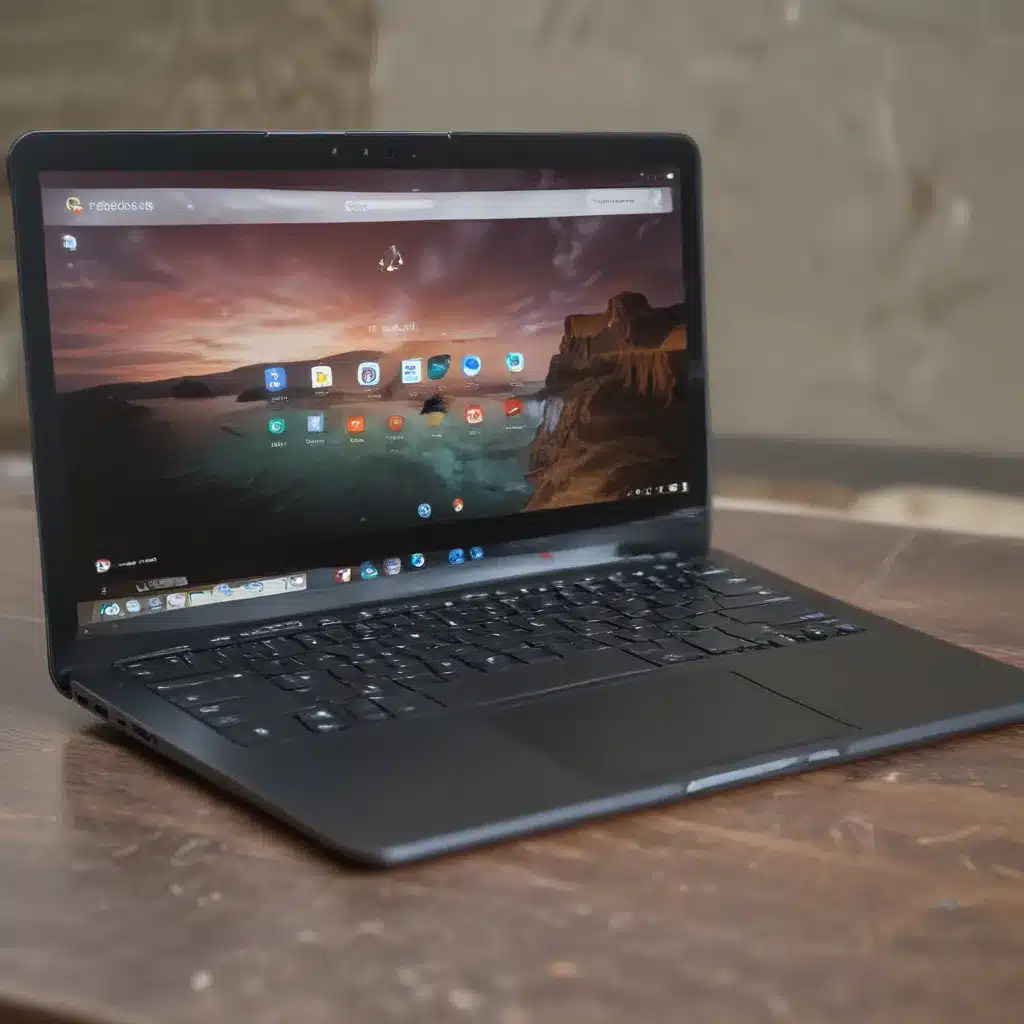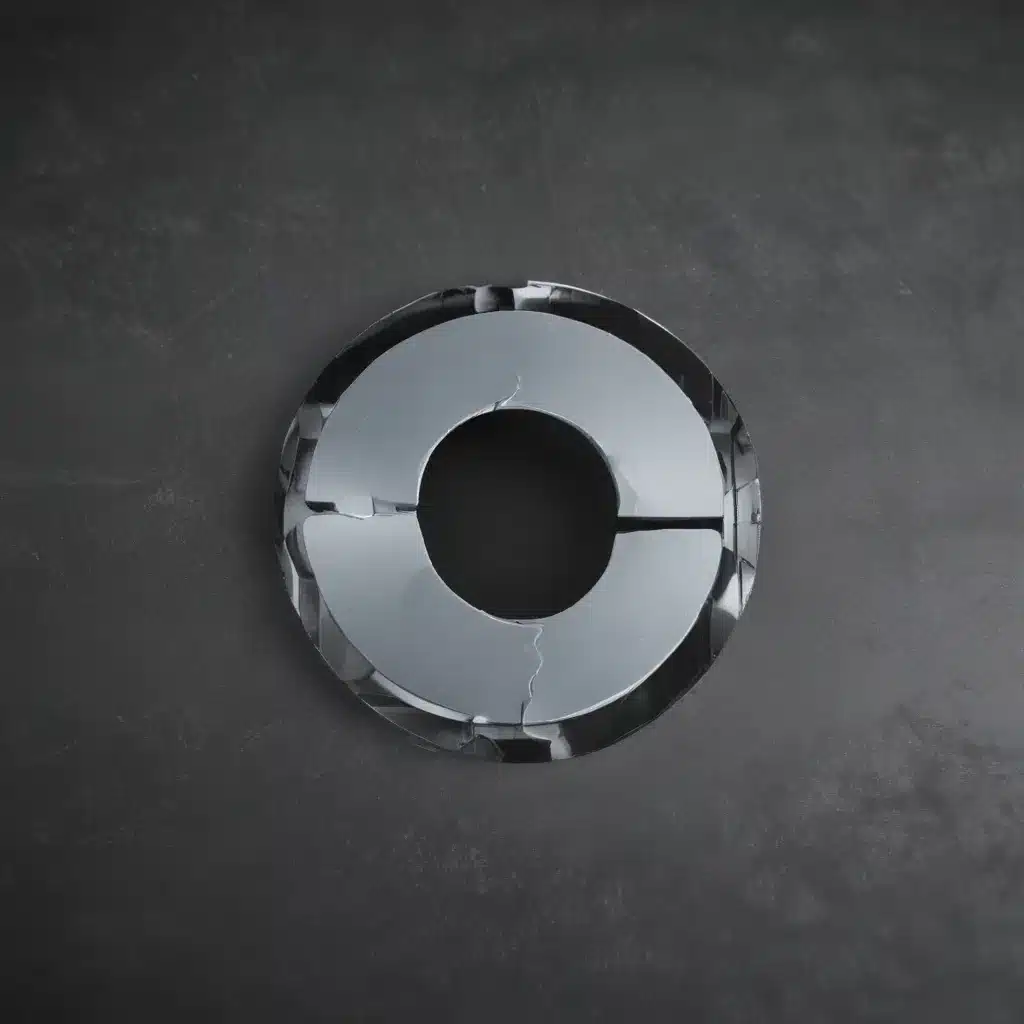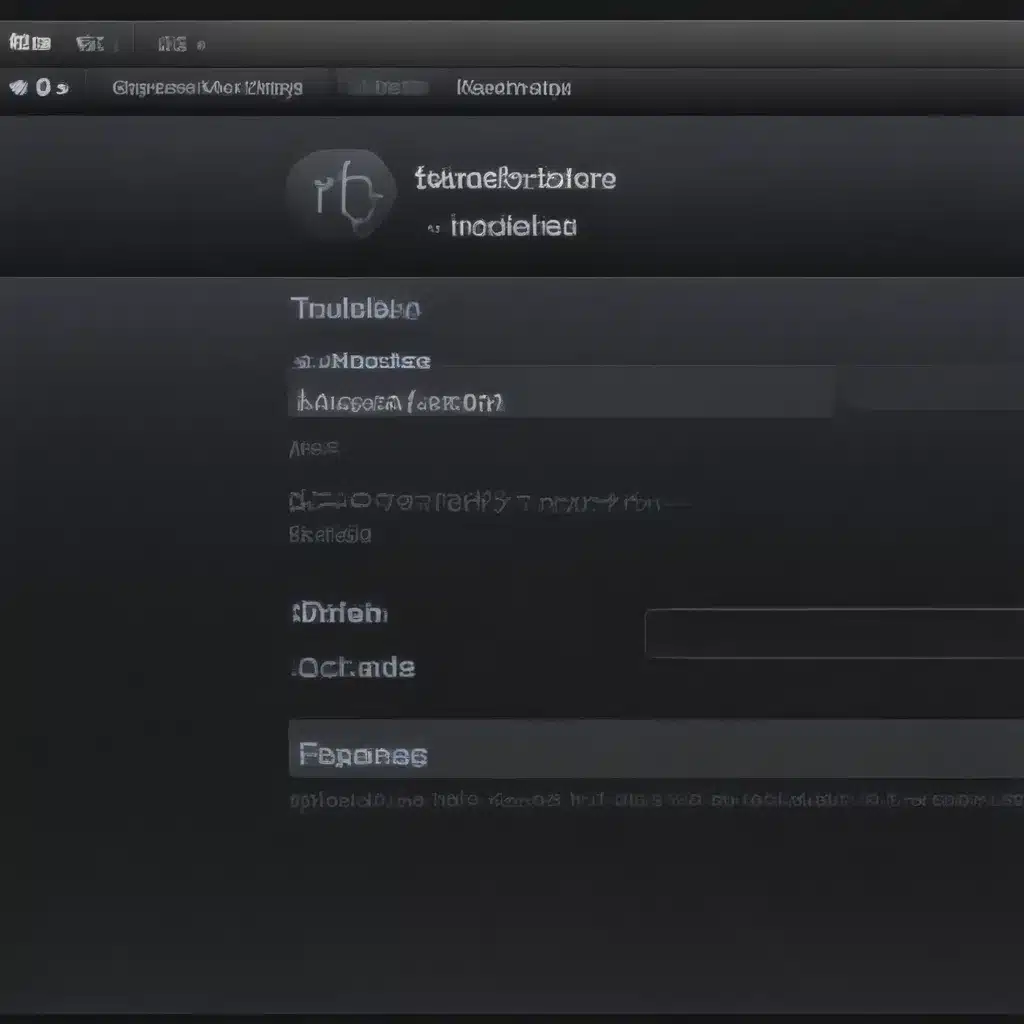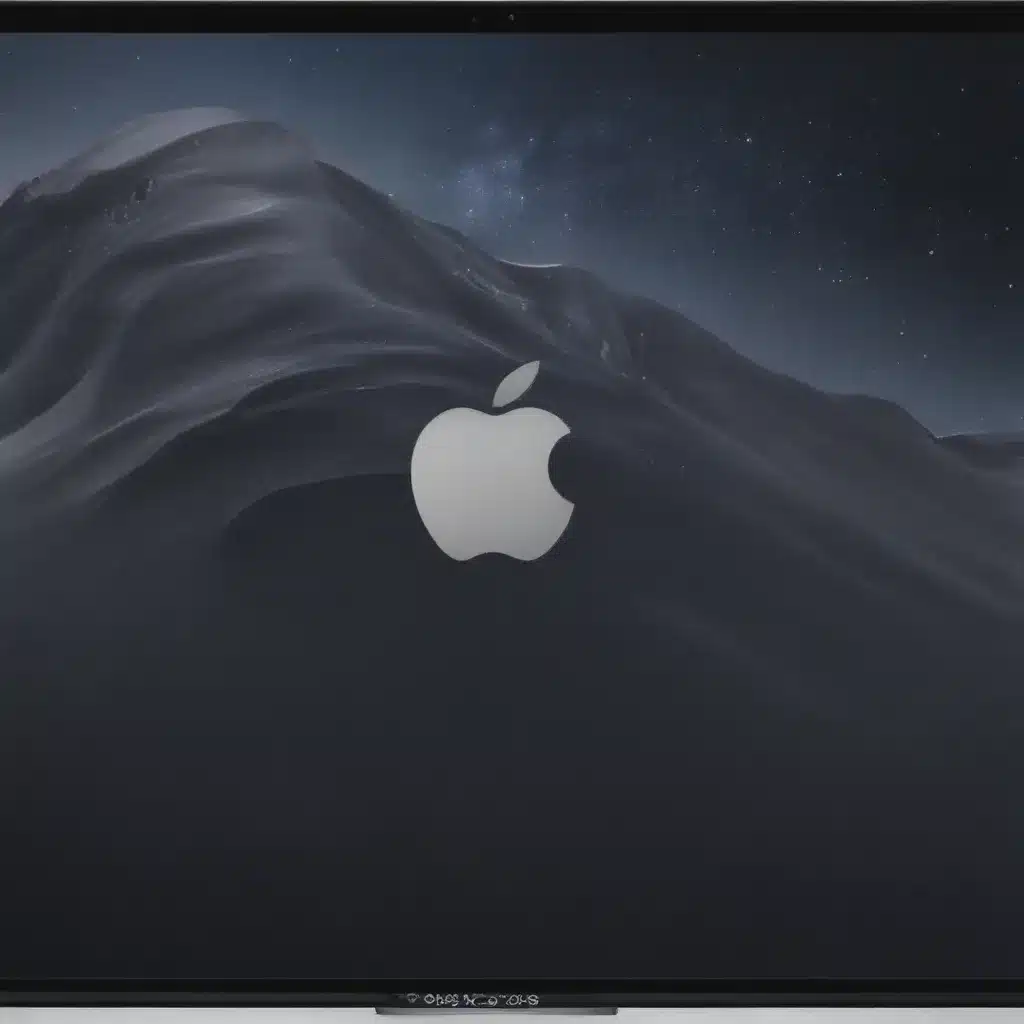Ah, the dreaded slow boot time – that frustrating moment when you press the power button, only to watch your computer take what feels like an eternity to finally greet you with the login screen. As a self-proclaimed Windows enthusiast, I’ve experienced my fair share of these painfully slow startups, and let me tell you, it’s enough to make even the most patient person want to throw their device out the window.
But fear not, my fellow PC users! In this comprehensive guide, I’ll dive deep into the common causes of sluggish boot times and share proven methods to get your computer back up and running like a well-oiled machine. So, grab a cup of coffee (or a stiff drink, depending on how bad the situation is), and let’s get to the bottom of this issue once and for all.
Culprit #1: Fast Startup, Slow Realization
One of the most common causes of slow boot times in Windows 10 is a seemingly helpful feature called “Fast Startup.” [1] This setting is designed to reduce the time it takes for your PC to boot up by pre-loading some boot information before your computer shuts down. Sounds great, right? Well, not always. For many users, this feature has been the root cause of their boot time woes, causing their computers to take an eternity to get to the login screen.
Imagine trying to sprint with your shoelaces tied together – that’s kind of what Fast Startup feels like for your poor PC. Fortunately, the solution is as simple as disabling this setting. Just head to your Power Options, navigate to the “Choose what the power buttons do” section, and uncheck the “Turn on fast startup (recommended)” box. [1] It’s like cutting those metaphorical shoelaces and letting your computer run free.
Culprit #2: Virtual Memory Mayhem
Another potential culprit behind slow boot times is the often-overlooked virtual memory function. [1] Virtual memory, in a nutshell, is the system’s way of expanding your available RAM by using a portion of your storage drive as a temporary holding area. While this can be a lifesaver when your actual RAM is maxed out, it can also cause problems if the settings are out of whack.
Imagine your computer is trying to play a game of Tetris with a bunch of oversized blocks (your programs) and not enough space on the screen (RAM). To compensate, it starts shoving some of those blocks into the drawer (virtual memory), but if the drawer is too small, well, you can probably guess the result – a frustratingly slow game (or in our case, a painfully slow boot time).
To fix this, head to the Performance Options menu, click on the “Virtual memory” settings, and ensure that the initial and maximum size values are set to the recommended amounts for your system. [1] It’s like giving your computer a bigger drawer to store those pesky program blocks, and voila, your boot time should be back to a more manageable pace.
Culprit #3: Naughty Drivers
Ah, the age-old problem of driver issues. [1] It’s like having a team of workers trying to build your dream house, but they keep showing up with the wrong tools and materials. In the world of computers, these “workers” are your device drivers, and if they’re not up to par, your system’s performance can suffer greatly, including those dreaded slow boot times.
The solution? Keep a close eye on your graphics card drivers, as they’re often the culprit behind these boot time woes. [1] Head to your Device Manager, check for any updates, and install the latest and greatest versions from your graphics card manufacturer’s website. It’s like making sure your construction crew has the right tools for the job – suddenly, that dream house (or in our case, a snappy boot time) starts to become a reality.
Culprit #4: Startup Overload
Remember when I mentioned those oversized Tetris blocks? Well, sometimes your computer can get a bit too ambitious, trying to fit in too many programs at startup, and that can lead to a serious case of the slows. [1] Think of it like trying to cram a dozen people into a tiny elevator – it’s not going to end well.
To combat this, take a good, hard look at the programs you have set to launch at startup. [1] Open up your Task Manager, head to the “Startup” tab, and start ruthlessly culling any unnecessary programs. It’s like taking a few people out of that overcrowded elevator and letting the rest of us breathe a little easier. Trust me, your boot time will thank you.
Culprit #5: Corrupted System Files
Last but not least, let’s talk about the dreaded corrupted system files. [1] It’s like having a stack of important documents, and someone’s come along and spilled coffee all over them. Sure, you could try to piece them back together, but it’s a messy and time-consuming process.
In the case of your computer, the System File Checker (SFC) command is your trusty mop and bucket. [1] Open up an elevated Command Prompt, type in “sfc /scannow,” and let it work its magic. This nifty tool will scan your system files and replace any corrupted or missing ones, which could be the missing link in your quest for faster boot times.
The Grand Finale: A Refreshing Reset
If you’ve tried all of the above solutions and are still facing painfully slow boot times, it might be time to bite the bullet and go for a full-on Windows reset. [1] Think of it as a complete system overhaul, like ripping out the old wiring and plumbing in your house and starting fresh.
Head to the Recovery section in your Settings, select “Get started” under the “Reset this PC” option, and let Windows work its magic. [1] Sure, it might mean a bit of hassle in the short term, but a clean slate could be just what your computer needs to get back on track and boot up faster than ever before.
So, there you have it, folks – the top causes of slow boot times and the tried-and-true methods to fix them. Remember, your computer is like a temperamental diva, and sometimes, you just need to coax it back into the spotlight with a little bit of love and attention. Happy booting!
[1] Knowledge from various sources, including https://www.makeuseof.com/tag/windows-10-slow-boot-issues/, https://answers.microsoft.com/en-us/windows/forum/all/internal-memory-card-reader-causes-slow-boot-time/d70befb3-c2ca-44b1-bc38-1aad7c3f82e8, https://windowsforum.com/threads/very-slow-boot-takes-forever-to-get-to-the-login-screen.335292/, https://community.amd.com/t5/drivers-software/adrenalin-23-9-x-causes-slow-boot-long-time-to-boot-on-amd-5800h/td-p/643090, https://www.reddit.com/r/buildapc/comments/8gsco2/suddenly_extremely_slow_bios_and_boot_times/, and https://forums.tomshardware.com/threads/sudden-slow-boot-time-with-ssd.3762333/.













